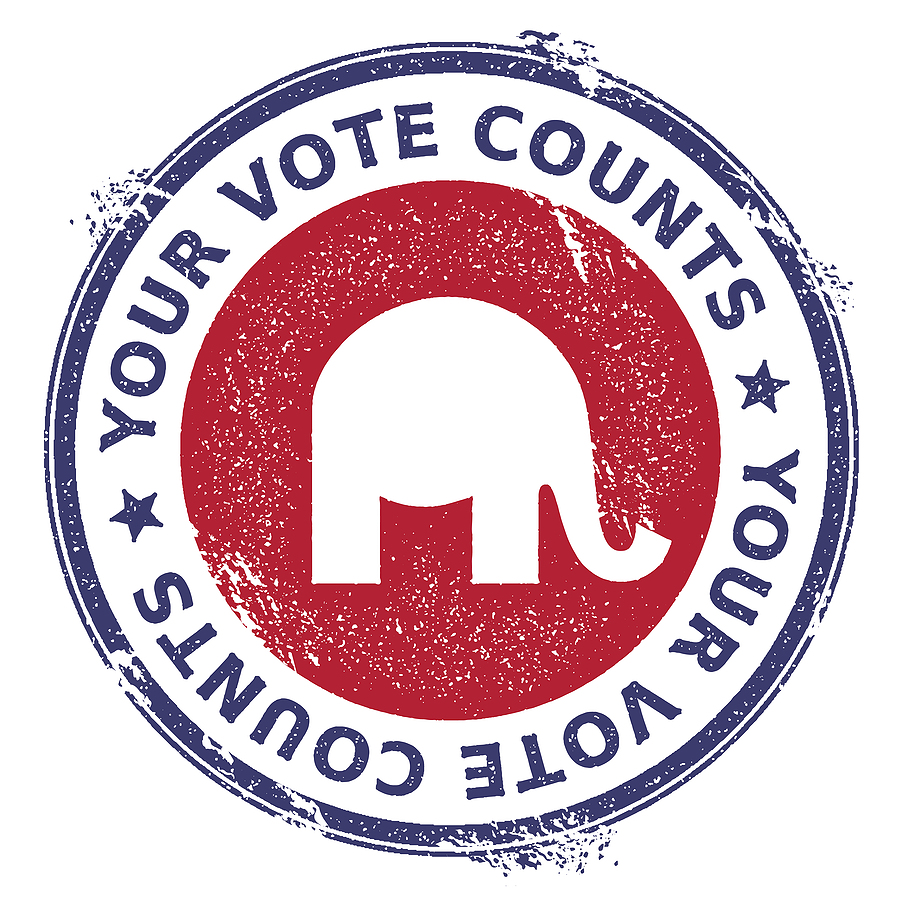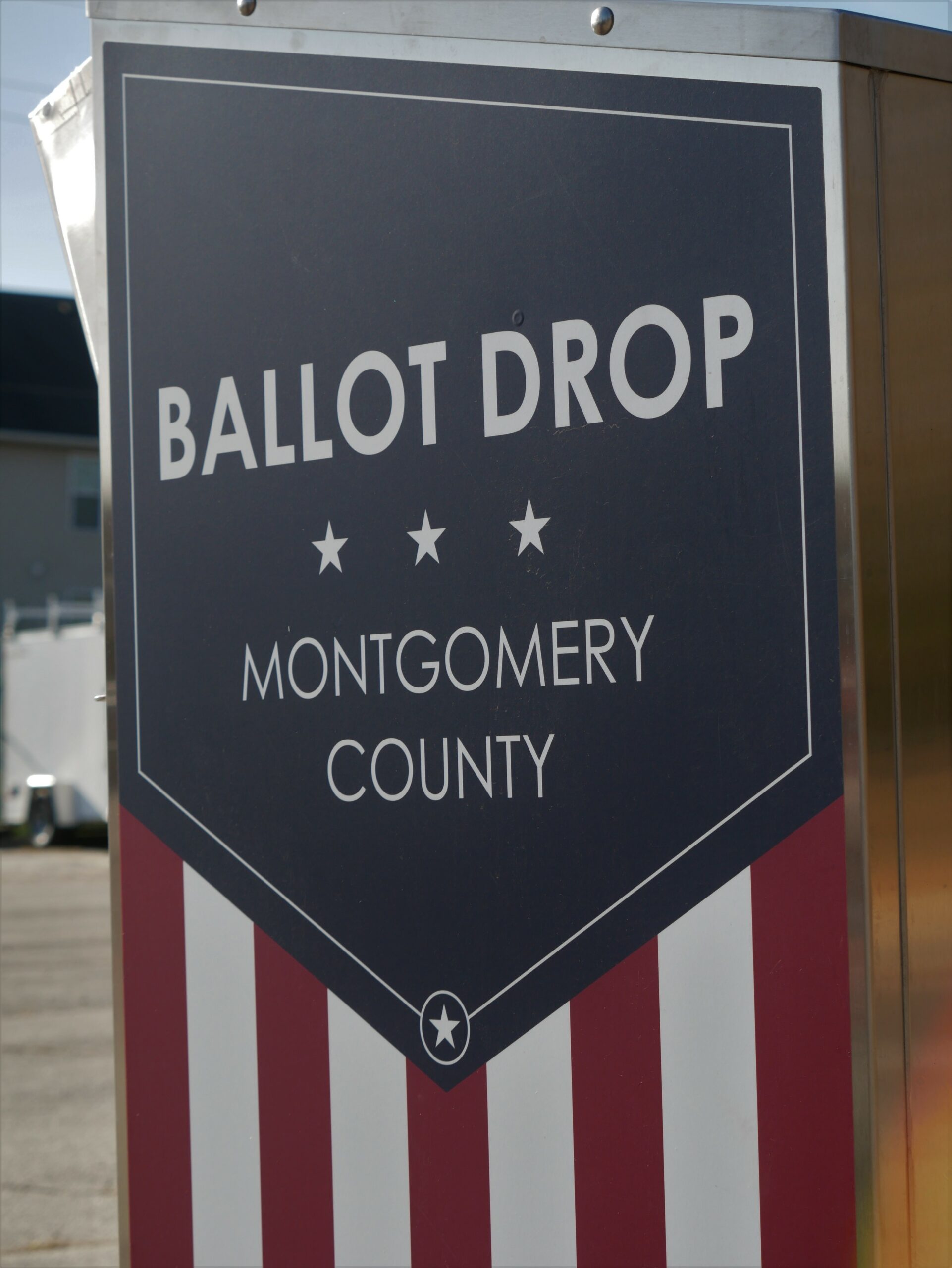Pennsylvania Republicans are gaining on Democrats in voter registration, part of a nationwide trend reshaping party rolls. But party activists warn that it’s turnout, not sign ups, that wins elections. According to the Pennsylvania Department of State, Democrats currently have 3,549,732 active registered voters, compared with 3,491,885 Republicans. Another 1.3 million voters are registered as […]









